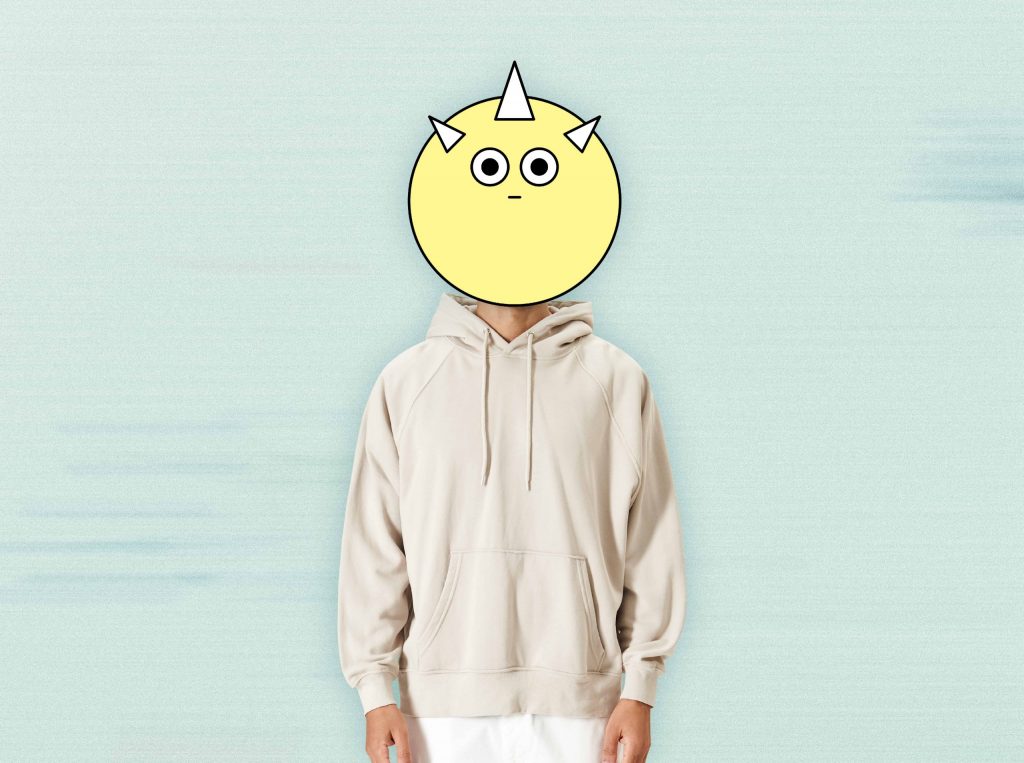**Let’s be real for a second here folks. Life can be tough, especially for those who have faced unimaginable challenges. But you know what they say, laughter is the best medicine. And yes, even orphan jokes exist. Now before you get all worked up, let’s dive into why humor—even in the darkest of places—can be a powerful tool for healing and connection. So grab a cup of coffee, sit back, and let’s explore the world of orphan jokes together. Trust me, it’s not as grim as it sounds.**
When we talk about orphan jokes, it’s essential to approach the topic with sensitivity and respect. These jokes aren’t just about making people laugh; they’re about finding light in the shadows. Humor has this incredible ability to bring people together, even in the face of adversity. And that’s what we’re here to explore today—the power of laughter and how it can transform pain into something beautiful.
Now, before we dive deeper, let’s clear the air. This isn’t about making light of someone’s struggles. It’s about celebrating resilience, creativity, and the human spirit. So, whether you’re here to learn, laugh, or simply understand, you’re in the right place. Let’s get started, shall we?
Read also:Trey Makai Height The Untold Story Behind The Rising Star
Understanding the Concept of Orphan Joke
So, what exactly is an orphan joke? Well, it’s a type of humor that revolves around the experiences, challenges, and triumphs of orphans. Sounds heavy, right? But hear me out. These jokes aren’t about poking fun at someone’s pain. Instead, they’re about acknowledging the struggles and finding joy in the little things. Think of it as a way to turn lemons into lemonade—or in this case, tears into laughter.
Why Do People Use Orphan Jokes?
Let’s break it down. People use orphan jokes for a variety of reasons. First and foremost, humor is a coping mechanism. It’s a way to deal with the heaviness of life. Second, these jokes can create a sense of community. When people share laughter, they connect on a deeper level. And finally, orphan jokes can challenge societal norms and stereotypes. They remind us that even in the face of adversity, there’s always room for joy.
- Humor as a coping mechanism
- Building connections through laughter
- Challenging stereotypes and norms
The Psychology Behind Orphan Joke
Now, let’s talk psychology. Why do orphan jokes work? It’s all about the brain. When we laugh, our brains release endorphins—the feel-good chemicals. These chemicals help reduce stress, improve mood, and even boost our immune system. So, when someone tells an orphan joke, they’re not just making you laugh; they’re improving your mental and physical health. Cool, right?
How Laughter Impacts Mental Health
Laughter is like a superpower for mental health. It reduces anxiety, depression, and stress. It also promotes positive thinking and resilience. So, the next time you hear an orphan joke, remember that it’s more than just a punchline. It’s a tool for healing and growth.
Orphan Joke Examples: Finding the Balance
Alright, let’s get into some examples. Now, I know what you’re thinking—how do you make a joke about such a serious topic without offending anyone? The key is balance. You want to acknowledge the reality of the situation while still finding humor in it. Here are a few examples:
- Why did the orphan bring a ladder to the bar? Because he heard the drinks were on the house!
- What do you call an orphan who’s great at math? A number cruncher without a family tree!
See what I did there? These jokes acknowledge the orphan’s situation while still being lighthearted and fun. It’s all about finding that sweet spot.
Read also:Alix Lapri Net Worth The Untold Story Of A Rising Star
Common Themes in Orphan Jokes
Most orphan jokes revolve around a few common themes. One of the biggest is resilience. These jokes often highlight the strength and determination of orphans. Another theme is creativity. Orphans are often forced to think outside the box, and these jokes reflect that. And finally, there’s the theme of community. Orphan jokes often emphasize the importance of support systems and relationships.
The Role of Orphan Joke in Society
So, what role do orphan jokes play in society? They serve as a reminder that humor can be a powerful tool for change. By laughing at our struggles, we take away their power. We show the world that we’re not defined by our circumstances. And that’s a beautiful thing.
Breaking Down Stereotypes
Orphan jokes can also help break down stereotypes. For too long, orphans have been portrayed as tragic figures. But these jokes show a different side. They highlight the humor, strength, and creativity of orphans. And that’s something worth celebrating.
Orphan Joke in Pop Culture
Let’s talk pop culture. Orphan jokes have made their way into movies, TV shows, and even books. Think about it. How many times have you seen a character in a movie make a lighthearted comment about their orphan status? It’s more common than you think. And that’s because these jokes resonate with audiences. They remind us that even in the darkest of times, there’s always room for laughter.
Examples in Movies and TV Shows
Take the movie "Annie," for example. Annie is an orphan who uses humor to cope with her situation. Her jokes and wit make her one of the most beloved characters in film history. Or consider the TV show "Orphan Black." While it’s a sci-fi thriller, it often incorporates humor to lighten the mood. These examples show that orphan jokes aren’t just for kids—they’re for everyone.
How Orphan Joke Can Be Used Positively
Now, let’s talk about how orphan jokes can be used positively. First, they can be used to educate. By sharing these jokes, we can raise awareness about the challenges faced by orphans. Second, they can be used to inspire. These jokes can show people that even in the face of adversity, there’s always hope. And finally, they can be used to entertain. Let’s face it, sometimes we just need a good laugh.
Encouraging Positive Conversations
Orphan jokes can also encourage positive conversations. They can spark discussions about adoption, foster care, and the importance of support systems. And that’s something we should all be talking about.
Challenges and Controversies Surrounding Orphan Joke
Of course, no topic is without its challenges. Some people argue that orphan jokes can be offensive or insensitive. And they’re not wrong. That’s why it’s important to approach this topic with care and respect. We need to listen to the voices of orphans and ensure that our jokes aren’t causing harm.
Addressing Sensitivity Concerns
So, how do we address sensitivity concerns? First, we listen. We listen to the experiences of orphans and use that knowledge to inform our humor. Second, we educate. We educate ourselves and others about the impact of our words. And finally, we adjust. We adjust our jokes to ensure they’re inclusive and respectful.
Conclusion: Embracing the Power of Laughter
So, there you have it folks. Orphan jokes aren’t just about making people laugh; they’re about celebrating resilience, creativity, and the human spirit. By embracing these jokes, we can create a world where laughter truly is the best medicine.
Now, here’s your call to action. Share this article with your friends and family. Leave a comment below with your favorite orphan joke. And most importantly, remember to laugh—because life’s too short not to.
Table of Contents
- Understanding the Concept of Orphan Joke
- The Psychology Behind Orphan Joke
- Orphan Joke Examples: Finding the Balance
- The Role of Orphan Joke in Society
- Orphan Joke in Pop Culture
- How Orphan Joke Can Be Used Positively
- Challenges and Controversies Surrounding Orphan Joke
- Conclusion: Embracing the Power of Laughter


